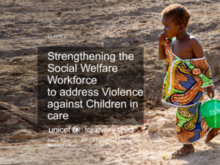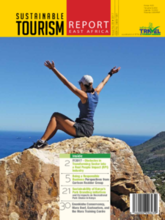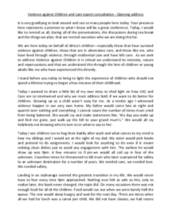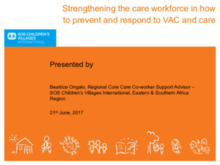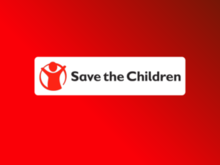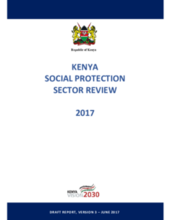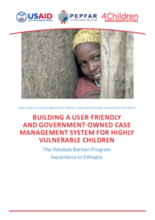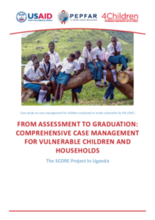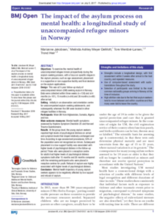Displaying 341 - 350 of 665
This UNICEF presentation describes the need for social service workforce strengthening in East and Southern Africa and presents recommendations based on a case example from Rwanda.
The Sustainable Tourism Report: East Africa features numerous articles about sustainable and ethical tourism in East Africa, including a piece by Mark Riley and Charlotte Beau titled, "Why Including an Orphanage Trip on a Tour Itinerary is Wrong."
This document includes the keynote address given on the first day of the Africa Expert Consultation on Violence against Children (VAC) in All Care Settings by Ruth Wacuka, Kenya Society of Careleavers.
This document includes the opening remarks given at the Africa Expert Consultation on Violence against Children (VAC) in All Care Settings by Mr. Noah Sanganyi, the Director of Kenya's Department of Children's Services.
This presentation describes the issue of violence against children in alternative care settings in East and Southern Africa and offers recommendations on how to strengthen the care workforce to ensure it is equipped to prevent and respond to violence against children in alternative care.
This presentation describes the findings from a 2015 Save the Children study on kinship care in Ethiopia, Kenya and Zanzibar.
In 2011/12 a comprehensive Review was undertaken of Kenya’s Social Protection Sector. This Review follows up on progress made since the previous one.
This case study describes the coordinated care and case management system for highly vulnerable children and their caregivers implemented by the Yekokeb Berhan program in Ethiopia.
This case study describes the case management system developed by the Sustainable Comprehensive Responses for Vulnerable Children and their Families (SCORE) project in Uganda.
This study examined the mental health of unaccompanied refugee minors during the asylum-seeking process, with a focus on specific stages in the asylum process, such as age assessment, placement in a supportive or non-supportive facility and final decision on the asylum applications.

